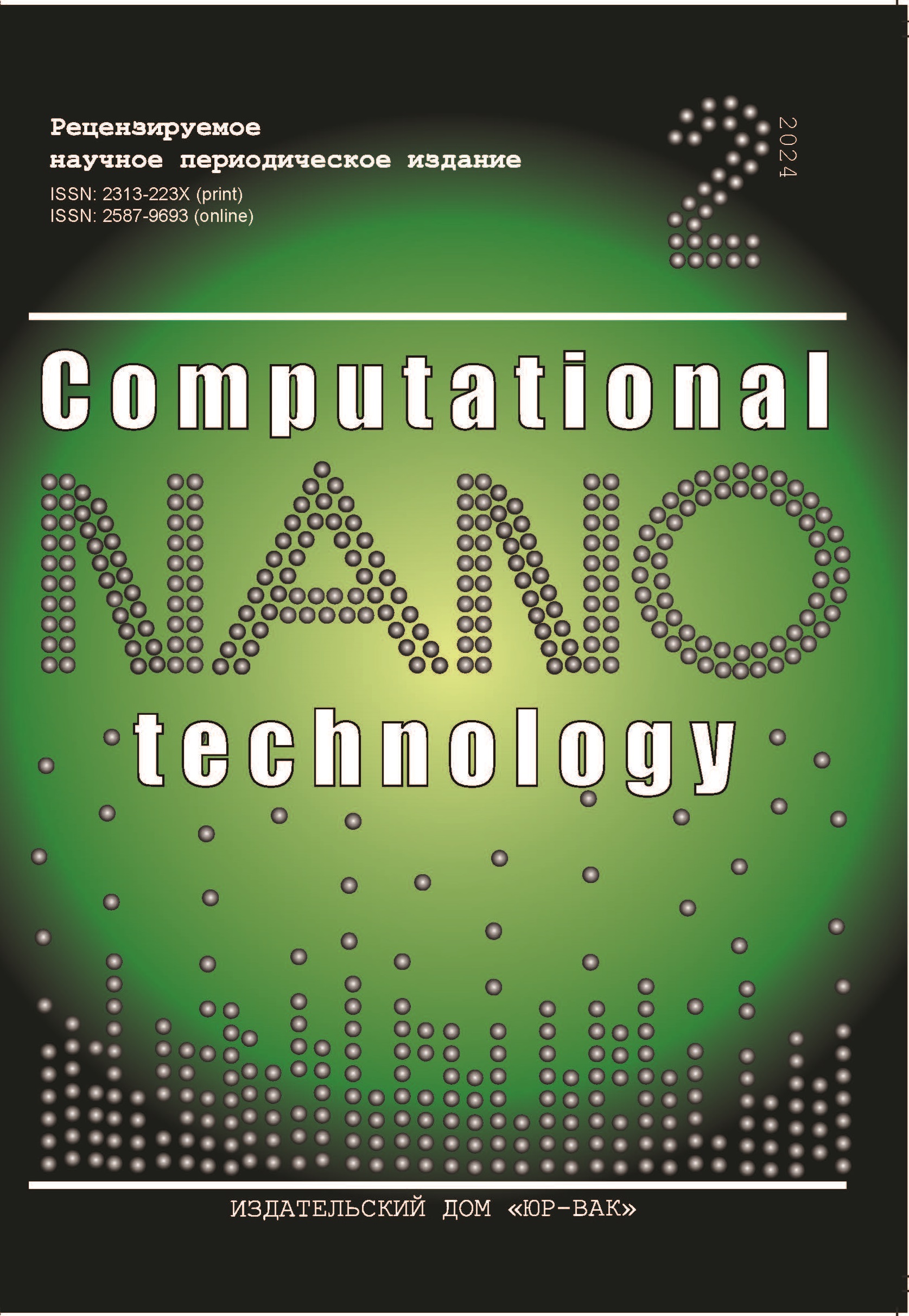Implementation of RPA Bots in Cold Supply Chain Logistics
- Authors: Medvedev A.V.1, Medvedev A.A.1, Kireychenkov N.S.1
-
Affiliations:
- Russian Biotechnological University (ROSBIOTECH)
- Issue: Vol 11, No 2 (2024)
- Pages: 35-42
- Section: SYSTEM ANALYSIS, INFORMATION MANAGEMENT AND PROCESSING, STATISTICS
- URL: https://journals.eco-vector.com/2313-223X/article/view/635818
- DOI: https://doi.org/10.33693/2313-223X-2024-11-2-35-42
- EDN: https://elibrary.ru/MMOQKQ
- ID: 635818
Cite item
Abstract
Due to the significant use of low-temperature logistics in the transportation of perishable goods, the demand for the cold chain has increased. To ensure delivery efficiency and reduce damage, logistics companies should monitor the status of deliveries over short time intervals. Tracking the delivery status is a time-consuming, resource-intensive, inefficient and repetitive process. Therefore, robotic Process Automation (RPA) applications have attracted the attention of practitioners in the cold chain logistics industry. By studying the workflow of cold chain logistics, this study helps to identify possible areas that require automation. As part of the case study, the performance of two automatic RPA robots used in a forwarding company to check the condition of cargo and temperature conditions was tested and evaluated. The results showed that the introduction of RPA into the workflow significantly reduces data processing time.
Keywords
Full Text
About the authors
Alexander V. Medvedev
Russian Biotechnological University (ROSBIOTECH)
Author for correspondence.
Email: medvedevav@mgupp.ru
ORCID iD: 0000-0003-1918-1967
SPIN-code: 6369-3593
Cand. Sci. (Econ.), associate professor, Department of Computer Science and Computer Engineering of Food Production
Russian Federation, MoscowArtem A. Medvedev
Russian Biotechnological University (ROSBIOTECH)
Email: medvedevav@mgupp.ru
ORCID iD: 0009-0001-5215-7427
SPIN-code: 8498-0024
postgraduate student, Department of Computer Science and Computer Engineering of Food Production
Russian Federation, MoscowNikita S. Kireychenkov
Russian Biotechnological University (ROSBIOTECH)
Email: medvedevav@mgupp.ru
ORCID iD: 0009-0001-8048-3705
Department of Computer Science and Computer Engineering of Food Production
Russian Federation, MoscowReferences
- Chaudhuri A., Dukovska-Popovska I., Subramanian N. et al. Decision-making in cold chain logistics using data analysis: Literature review. International Logistics Management. 2018. No. 29 (3). Pp. 839-861.
- Arvianto A., Sofa B.M., Asih A.M.S. et al. Problems of urban logistics and innovative solutions in developed and developing countries: A systematic review of the literature. Int. J. Eng. Bus. Manag. 2021. No. 13. Pp. 1–18.
- Ali I., Nagalingam S., Gurd B. A sustainability model for perishable food logistics in the cold chain. International Logistics Management. 2018. No. 29 (3). Pp. 922–941.
- Ribeiro J., Lima R., Eckhardt T. et al. Robotic process automation and artificial intelligence in Industry 4.0: Literature review. Procedia Comput. Sci. 2021. No. 181. Pp. 51–58.
- Santos F., Pereira R., Vasconcelos H.B. Towards the introduction of robotic process automation: A cross-cutting perspective. Bus. Process. Manag. J. 2019. No. 26 (2). Pp. 405-420.
- Medvedev A.V., Gobareva Ya.L., Gorodetskaya O.Yu. Balanced scorecard as a tool for implementing the company's strategy. RISK: Resources, Information, Supply, Competition. 2022. No. 2. Pp. 108–117. (In Rus.)
- Li C., Feng W.X., Han S. et al. Digital adaptive management, digital transformation and quality of service in logistics enterprises. J. Glob. Inf. Manag. 2022. No. 30 (1). Pp. 1–26.
- Ivanchich L., Susha Vugets D., Bosil Vuksic V. Robotic automation of processes: Matic review of the literature. In: Business process management: Blockchain and the forum of Central and Eastern Europe. BPM 2019. Lecture notes on business information processing. Vol. 361. Cham: Springer, 2019.
- Medvedev A.V., Romashevskaya S.V. Continuation of evolution: ERP system Integration. Scientific Review. 2016. No. 9. Pp. 270–277. (In Rus.). EDN: WBMJYB.
- Medvedev A.V., Medvedev A.A. Factors of production in assessing the results of economic activity. In: Advances in science and technology: Collection of articles of the LII International Scientific and Practical Conference. Moscow, April 30, 2023. Moscow: Actualnost.RF, 2023. Pp. 281–287. EDN: RWYOZW.
- Gorodetskaya O.Yu., Gobareva Ya.L., Medvedev A.V. Innovative technologies for distance learning in conditions of quarantine restrictions. Problems of Economics and Legal Practice. 2021. Vol. 17. No. 3. Pp. 118–125. (In Rus.). EDN: EASCCR.
Supplementary files














